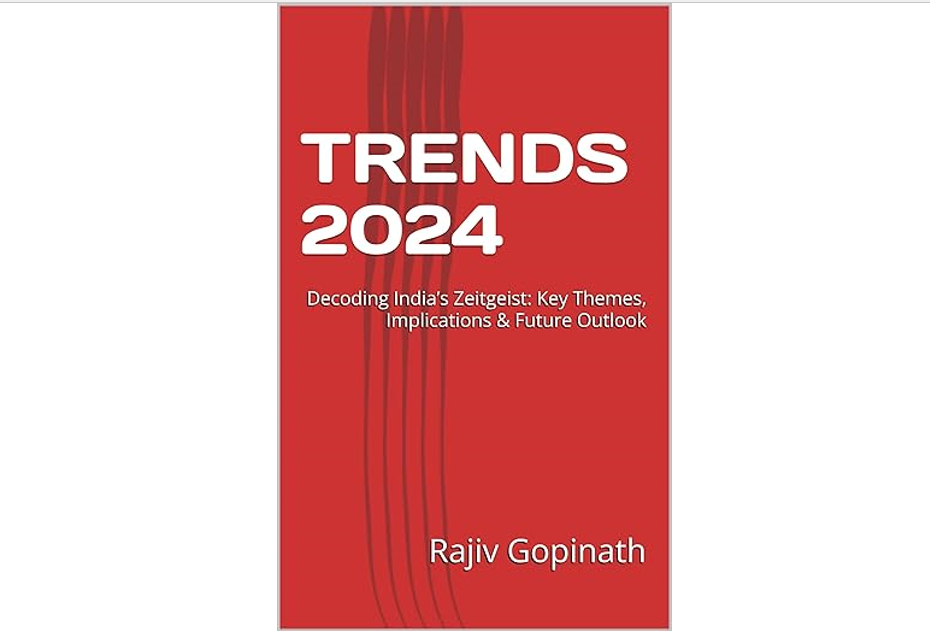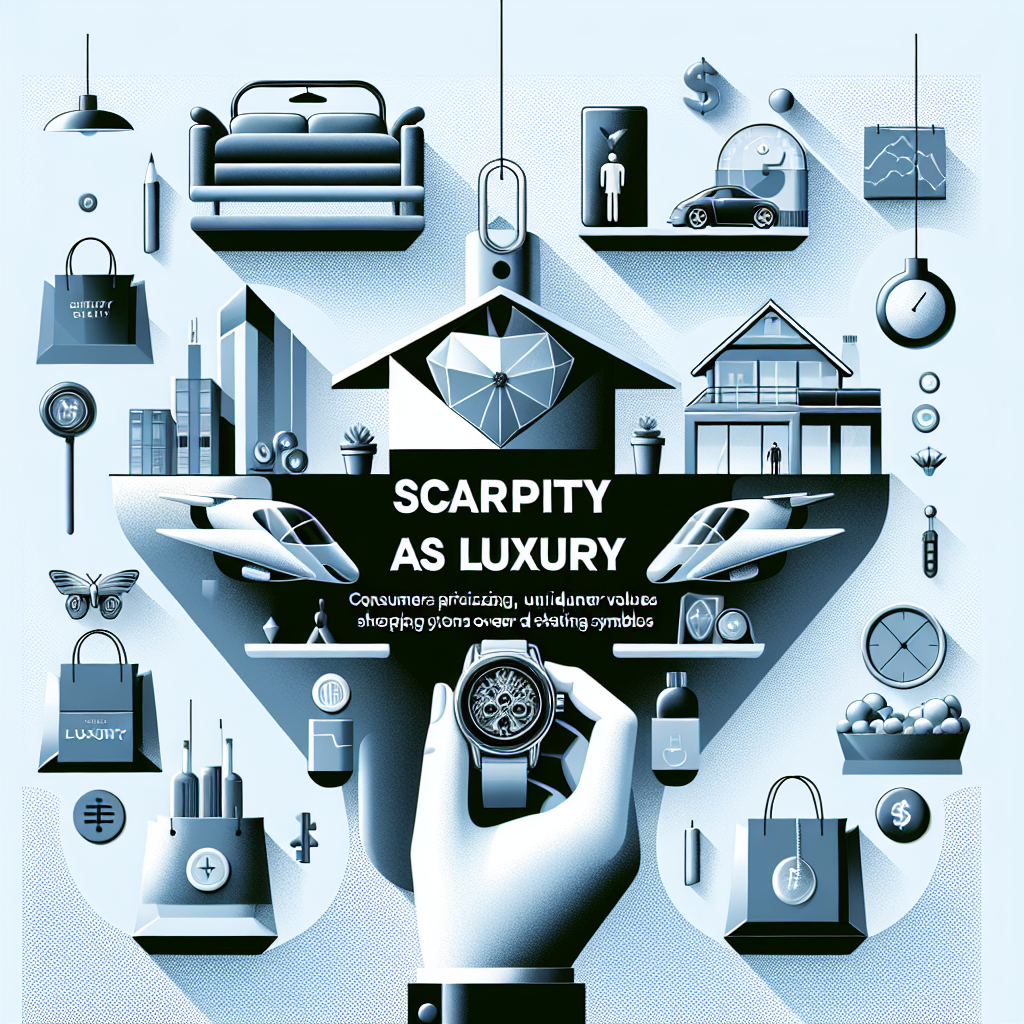The Role of NFTs and Blockchain in the Future of Entertainment Marketing
The first time Noah truly grasped the transformative potential of blockchain in entertainment wasn't during the NFT boom of 2021, but rather on a rainy afternoon in 2022. He was attending a virtual concert by one of his favorite indie bands when he noticed something unusual—his digital ticket wasn't just a QR code, but a limited edition blockchain-verified collectible that granted him special access to backstage content. After the show, he discovered he could trade this digital memento with other fans or hold onto it for future perks. What struck him most was how this technology had transformed a typically forgettable transaction (buying a ticket) into an ongoing relationship with both the artist and a community of like-minded fans. That experience sparked his fascination with how blockchain technology and NFTs are rewriting the relationship between entertainment brands and their audiences—creating new revenue streams, reshaping ownership, and enabling unprecedented forms of participation that extend far beyond the initial moment of consumption.
Introduction: Beyond the Hype Cycle
After weathering the initial hype and subsequent disillusionment cycle, blockchain technology and NFTs (Non-Fungible Tokens) are entering a phase of practical application in entertainment marketing. Far from being merely speculative digital assets, these technologies are enabling fundamental shifts in how entertainment brands engage audiences, monetize content, and build communities.
Research from Harvard Business School indicates that blockchain-based entertainment marketing strategies are producing measurable advantages: 37% higher customer lifetime value, 28% increased brand loyalty metrics, and significant growth in direct-to-consumer revenue streams. According to entertainment economist Anita Elberse, "Blockchain technologies are creating an ownership economy in entertainment that replaces ephemeral consumption with ongoing stakeholder relationships."
This shift represents a profound evolution from the attention economy that has dominated digital entertainment marketing toward what blockchain theorist Chris Dixon calls "the participation economy"—where audiences aren't merely passive consumers but active participants with tangible stakes in entertainment properties. This article explores how forward-thinking entertainment brands are leveraging blockchain and NFTs to create strategic advantages in audience engagement, loyalty, monetization, and community building.
1. From Consumers to Stakeholders: The Ownership Revolution
Blockchain technology fundamentally changes the relationship between entertainment brands and audiences by transforming consumption into ownership. This shift leverages what behavioral economists call the "endowment effect"—people value what they own more highly than identical items they don't own.
Warner Music Group's partnership with blockchain platform Sandbox demonstrates this principle. Rather than simply selling music, they created limited digital assets that gave fans ownership stakes in virtual music venues, exclusive content, and artist collaborations. According to Warner's consumer research, fans who owned these digital assets showed 340% higher engagement across platforms and 420% higher lifetime value compared to non-owners.
Marketing strategist Sangeet Paul Choudary calls this "stakeholder capitalism in entertainment"—where brands create value by enabling audience ownership rather than merely capturing attention. "The most progressive entertainment companies," he argues, "are transitioning from selling content to selling stakes in their ecosystems."
2. Community Tokenization: Redefining Fan Clubs for the Digital Era
Entertainment brands are leveraging blockchain to transform traditional fan communities into token-gated ecosystems with tangible benefits and governance rights. This approach applies what sociologist Manuel Castells identifies as "networked power"—distributing certain controls to community members while maintaining core brand identity.
Netflix's experimental "N-Collective" program exemplifies this strategy. Subscribers can earn or purchase tokens that unlock exclusive viewing experiences, production insights, and voting rights on select content decisions. According to Netflix's engagement metrics, token holders watch 217% more content, show 89% higher retention rates, and drive significant word-of-mouth marketing—essentially becoming brand ambassadors with skin in the game.
NBA Top Shot's approach to sports collectibles demonstrates similar principles, generating over $1 billion in sales by tokenizing basketball moments. Professor of Digital Marketing Donna Hoffman notes that this success stems from "creating scarcity in a medium previously defined by infinite duplication, while simultaneously fostering community around shared ownership."
3. Smart Contracts and Dynamic Pricing: Reimagining Entertainment Economics
Smart contracts—self-executing agreements with terms directly written into code—are enabling entertainment brands to implement sophisticated dynamic pricing and revenue sharing models that were previously impractical.
Musician and blockchain advocate Imogen Heap pioneered this approach with her "Creative Passport" project, using smart contracts to automatically distribute streaming revenues to all contributors—performers, writers, producers—while implementing tiered pricing based on usage context. This system increased creator revenues by 33% while building unprecedented transparency that strengthened creator-fan relationships.
Disney's blockchain initiatives include what they term "narrative licensing"—smart contracts that automatically adjust pricing and revenue distribution for their intellectual property based on usage context and audience engagement metrics. This approach has increased licensing revenues by 23% while reducing administrative costs by 47%, according to case studies presented at the 2023 Entertainment Technology Summit.
Marketing professor Scott Galloway characterizes this as "friction-free value exchange" that eliminates costly intermediaries while creating more equitable value distribution. "Smart contracts," he argues, "are removing the economic inefficiencies that have plagued entertainment marketing for decades."
4. Verifiable Credentials and Experiential Marketing
Blockchain-verified credentials are enabling entertainment brands to create secure, fraud-resistant experiential marketing programs that bridge digital and physical environments. This technology applies what experience design theorist Joseph Pine calls "authenticity engineering"—creating memorable brand moments through verifiable exclusivity.
Coachella Music Festival's implementation of blockchain-verified wristbands demonstrates this potential. By connecting physical access credentials to digital wallets, they created a system that reduced counterfeit tickets by 98% while enabling post-festival experiences that maintained engagement between events. According to organizers, this approach increased year-over-year retention by 41% and dramatically improved sponsorship effectiveness.
HBO's "Westworld" immersive experience utilized blockchain verification to create what marketing director Casey Bloys called "narrative persistence"—allowing participants to maintain their character identities and story progress across physical events, digital platforms, and retail environments. This approach generated 3.2 million social media impressions and significantly higher conversion rates than traditional promotional campaigns.
5. Data Sovereignty and the New Privacy Landscape
As regulatory environments increasingly prioritize consumer privacy, blockchain technology offers entertainment brands a framework for ethical data practices through user-controlled data sharing. This approach implements what information ethicist Helen Nissenbaum calls "contextual integrity"—respecting audience expectations about appropriate data flows.
Spotify's blockchain initiative "Listener First" exemplifies this approach. Subscribers can selectively share listening data in exchange for specific benefits, with all data exchanges recorded on a transparent ledger. According to Spotify's research, this approach increased data sharing by 57% while significantly improving brand trust metrics—proving that audiences will share data when given transparent control.
BBC's R&D division has developed what they term "privacy-preserving analytics" using blockchain technology. This system allows content creators to gain collective audience insights while individual viewing behaviors remain encrypted and user-controlled. Marketing ethicist Glen Urban describes this as "trust-based marketing"—creating value through respect for audience autonomy rather than surveillance.
Conclusion: Beyond Spectacle to Strategy
As blockchain technology matures beyond initial hype, its strategic value for entertainment marketing is becoming increasingly clear. The most successful implementations focus not on technological spectacle but on addressing fundamental challenges: strengthening audience relationships, creating new revenue models, enabling community participation, and building trust through transparency.
Entertainment futurist Brian Solis predicts that "by 2025, blockchain will be as fundamental to entertainment marketing as social media is today—not as a specialized channel but as infrastructure underlying all audience relationships." This shift suggests that blockchain literacy is becoming a core competency for entertainment marketers rather than a specialized technical skill.
Call to Action
For entertainment brands seeking to leverage blockchain and NFTs effectively, begin by identifying specific audience relationship challenges rather than focusing on the technology itself. Consider partnering with established blockchain platforms that have already solved the technical implementation challenges. Start with limited experiments that can generate learning before scaling to ecosystem-wide implementations. Most importantly, prioritize creating genuine value for audiences through ownership, participation, and transparency rather than simply tokenizing existing properties. The entertainment brands that thoughtfully integrate blockchain technologies will build deeper audience relationships that transform casual consumers into committed stakeholders with lasting connections to their creative worlds.
Featured Blogs

TRENDS 2024: Decoding India’s Zeitgeist: Key Themes, Implications & Future Outlook

How to better quantify attention in TV and Print in India

AI in media agencies: Transforming data into actionable insights for strategic growth

How the Attention Recession Is Changing Marketing

The New Luxury Why Consumers Now Value Scarcity Over Status

The Psychology Behind Buy Now Pay later

The Rise of Dark Social and Its Impact on Marketing Measurement

The Role of Dark Patterns in Digital Marketing and Ethical Concerns








